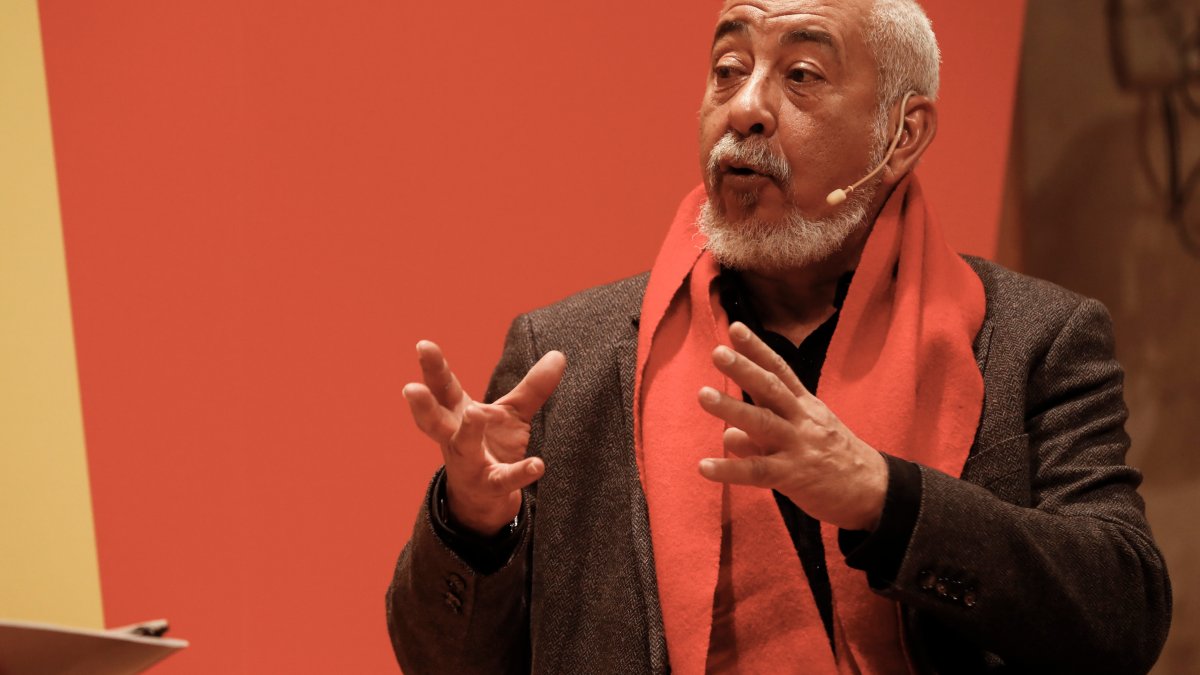Cuban novelist Leonardo Padura understands that “a writer, in a way, is a policeman, an investigator”, and the essence of his novels starring detective Mario Conde “is to find a truth”.
And, for this, “he carries out investigations through the police or through a literary channel”, he explained during the second Literary Festival “Writers” of America and Europe, in the Spanish city from Málaga.
“Mario Condé is my gaze, my voice, my way of expressing a reality and the search for a precise truth, with very unorthodox research methods, which also somewhat resemble the methods of the writer” , says the author.
For example, when you’re working on a historical novel, you have to do some bibliographic research, and you feel like you’ve found what you’re looking for when you’re “able to move the character into historical context.”
As a writer, he has “two fundamental sources of knowledge”, the first of which is the American novel of the 20th century, by Hemingway, Dos Passos, Faulkner, Salinger or Updike, with which he learned “how to tell a history”. .
The second source is “Ibero-American literature, fundamentally Latin American, from the times when it was modernized, in the 1940s with the work of Carpentier, in the 1950s with Juan Rulfo or in the 1960s with the whole ‘boom’ movement that was his reading when he was in college.
And he advised any young writer “to read those who write well in their language”.
CUBA: THE WRITER’S INSPIRATION
He continues to live in his country because he has “a very strong cultural affiliation”, he maintained, everything that is Cuban “feeds him” and “it would be difficult for him to live elsewhere” because he has a “relation very important with Cuba”. “
“It’s where I write best, maybe it’s fatalism or obsession or stubbornness, but it’s my reality,” Padura pointed out. Despite the political situation in his country, he added, he tries “to be as free, honest and independent as possible”.
In this regard, he considers that “there are few political documents written in Cuba that have circulated in Cuba” such as his novel “The Man Who Loved Dogs”, about the assassination of Leon Trotsky by the Spaniard Ramon Mercader.
“I try to say what I need to say and I have no active participation in politics or political activism, not even Masonic,” he said.
Although he has also had Spanish nationality for twelve years, he defines himself without hesitation as “a Cuban writer” and, when asked if he has dual nationality, he replies that he has “double nationality”. .
“I have only one nationality: I am a Cuban and Caribbean writer, but my influences and readings are broad and eclectic like Havana itself,” Padura summed up.
He felt that “trying to define the Caribbean is as difficult as defining what the Mediterranean is”, because “it is indeed the American Mediterranean, a meeting point of so many cultures and languages that a single definition would be impossible”.

